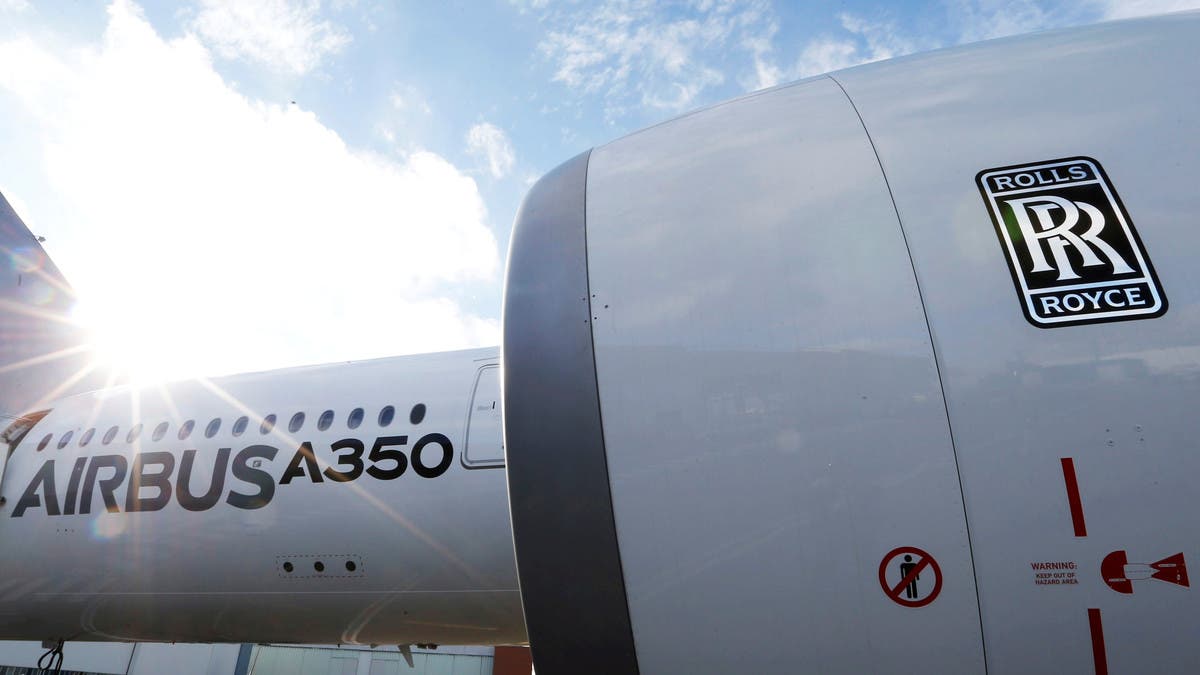Gulf carrier Emirates is weighing more Airbus SE A350 jetliner orders to help fill gaps in its fleet in coming years as Boeing Co. struggles to bring its wide-body models to market.
Following strong freight demand during the pandemic, Emirates converted 10 Boeing 777s into cargo planes, depleting its passenger capacity, and a still-robust market might prompt it to switch another 10, President Tim Clark said.
For the latest headlines, follow our Google News channel online or via the app.
That could open a potential hole in the Dubai-based company’s operations sometime between 2024 and 2027, with the gap hard to fill through existing order commitments, Clark said.
Service entry for Boeing’s new 777X model has slipped to 2025, while Emirates wouldn’t get 787 Dreamliners until the same year at least should it hold the US manufacturer to a contract, he said.
“That’s kind of too late for us, Clark told journalists in Germany on Wednesday. “This is why we’re getting a bit wary and we’re looking at the A350. We really only have one place to go.
Emirates would consider the A350-1000 variant, though Clark pointed to issues with Rolls-Royce Holdings Plc engines which he said haven’t yet sufficiently proven their reliability.
He said Rolls needs to get the biggest A350, for which it’s the sole engine supplier, into the air with “much higher cycle guarantees” before he’ll consider ordering the type.
777X Woes
Clark said he remains optimistic that Boeing will persevere with the 777X because Emirates has been deeply involved in that program since its inception.
The world’s biggest long-haul airline has already twice scaled back its 777X order, originally for 150 jets. It slimmed the commitment to 126 aircraft at the last Dubai expo in 2019, while purchasing 30 smaller 787s and 50 A350s, and later reduced it to 115.
“We’re not sure what’s going on,” Clark said of the program delays. “We’ve had these discussions for the last two years, and I haven’t been totally convinced that they’re up to it. It’s a management issue and they need to resolve it.”
After grounding much of its fleet during the pandemic, Emirates now has all of its original-series 777s and about 70 Airbus A380 double-deckers back in operation, bringing capacity back to about 70 percent of former levels.
Getting pilots and cabin crews back into service will take some time because there are some bottlenecks at training facilities, Clark said.
Berlin Flights
Speaking in Berlin during the ILA aviation show, Clark said he remains hopeful Emirates will be granted landing rights for the German capital.
The carrier was allocated four cities — Frankfurt, Dusseldorf, Munich and Hamburg — and has failed to convince the government so far to give it another slot.
Clark said he wouldn’t want to give up another city in lieu of Berlin, given strong demand at those locations and the investments over the years.
“We’re hoping there’ll be interest,” he said of negotiations with the government. “We’re not here to destroy anything, we’re here to add value.”
Read more:
Inside the hangar at the center of the $1 bln Airbus-Qatar jet dispute
Jumbo jet A380 sees worldwide return to the skies despite rising oil prices
Qatar Airways will suspend 15-20 routes to adjust network for World Cup surge: CEO


 World3 years ago
World3 years ago
 World3 years ago
World3 years ago
 Business1 year ago
Business1 year ago
 Entertainment7 years ago
Entertainment7 years ago
 World7 years ago
World7 years ago
 Entertainment7 years ago
Entertainment7 years ago




